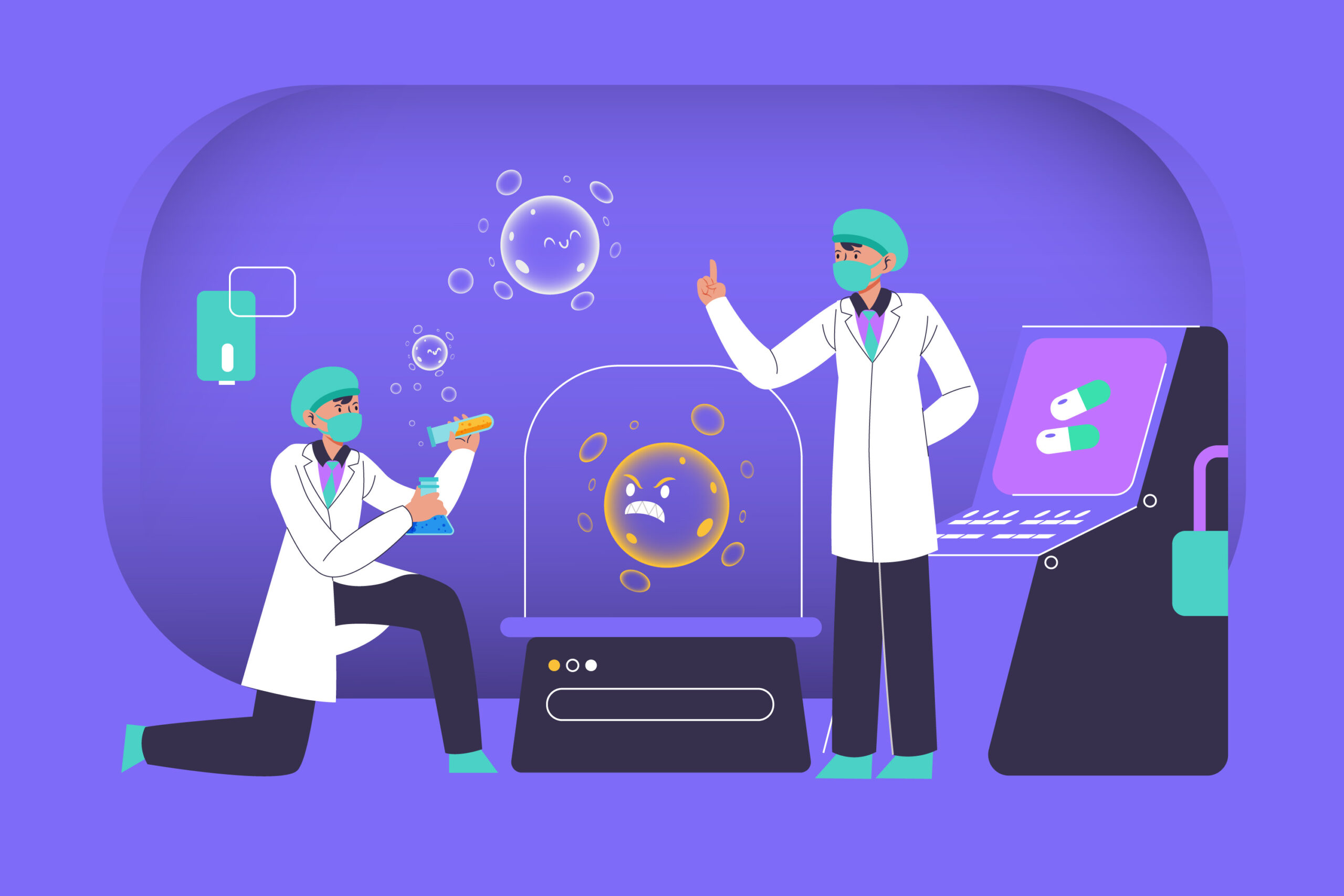Clinical research software has revolutionized the way drug trials are conducted. From improving data accuracy to ensuring regulatory compliance, these tools are crucial for the pharmaceutical industry. Without them, drug trials would be prone to errors, inefficiencies, and delays, potentially putting lives at risk.
What is Clinical Research Software?
Clinical research software is a digital platform designed to streamline the various stages of clinical trials. It helps researchers manage patient data, track trial progress, and ensure adherence to regulatory guidelines. These tools include:
- Electronic Data Capture (EDC) Systems – Digitalize and store trial data securely.
- Clinical Trial Management Systems (CTMS) – Organize and oversee trial activities.
- Randomization and Trial Supply Management (RTSM) – Manage patient randomization and drug supply logistics.
- Electronic Patient-Reported Outcomes (ePRO) – Collect patient feedback in real time.
By leveraging these technologies, pharmaceutical companies can conduct more efficient, accurate, and compliant clinical trials.
The Role of Clinical Research Software in Drug Trials
1. Improves Data Accuracy and Integrity
Accurate data is the backbone of any successful clinical trial. Traditional paper-based methods are prone to human errors, such as misinterpretation of handwritten notes or misplaced records. Clinical research software eliminates these issues by:
- Automating data entry and validation.
- Reducing transcription errors.
- Enabling real-time monitoring to detect inconsistencies.
By ensuring data integrity, researchers can make more informed decisions, leading to reliable trial outcomes.
2. Enhances Efficiency and Reduces Costs
Clinical trials are expensive and time-consuming. Delays due to data errors, mismanagement, or regulatory non-compliance can add millions to research costs. Clinical research software enhances efficiency by:
- Automating repetitive tasks such as patient enrollment and data reporting.
- Reducing administrative burden, allowing researchers to focus on critical aspects of the trial.
- Enabling seamless collaboration among teams across different locations.
As a result, trials can be completed faster and at a lower cost, accelerating the time-to-market for new drugs.
3. Ensures Regulatory Compliance
Regulatory bodies such as the FDA (Food and Drug Administration) and EMA (European Medicines Agency) have stringent requirements for clinical trials. Non-compliance can lead to trial delays or even rejection. Clinical research software helps in:
- Maintaining detailed audit trails for every trial activity.
- Ensuring adherence to Good Clinical Practice (GCP) and other industry standards.
- Facilitating smooth inspections by regulatory authorities.
By staying compliant, pharmaceutical companies increase their chances of successful drug approvals.
4. Enhances Patient Safety and Engagement
Patient safety is a top priority in clinical trials. Errors in dosing, patient monitoring, or adverse event reporting can have severe consequences. Clinical research software contributes to patient safety by:
- Tracking adverse events in real time.
- Sending automated alerts for any critical health changes.
- Enabling remote monitoring of patients to reduce unnecessary clinic visits.
Additionally, features like ePRO (Electronic Patient-Reported Outcomes) encourage patients to provide feedback on their experiences, leading to better patient engagement and retention.
5. Facilitates Data Sharing and Collaboration
Modern clinical trials involve multiple stakeholders, including research teams, sponsors, and regulatory bodies. Effective communication and collaboration are essential. Clinical research software enables:
- Secure sharing of trial data with authorized personnel.
- Integration with external databases and electronic health records (EHRs).
- Real-time access to trial progress and updates.
This streamlined collaboration ensures that all stakeholders are aligned, reducing miscommunication and enhancing trial success rates.
Key Features to Look for in Clinical Research Software
If you’re considering investing in clinical research software, here are some key features to look for:
- User-friendly Interface – Easy navigation and intuitive dashboards.
- Data Security and Compliance – Strong encryption and compliance with HIPAA and GDPR.
- Scalability – Ability to support small and large-scale clinical trials.
- Cloud-Based Access – Remote accessibility for teams across different locations.
- Customizable Workflows – Adaptability to specific trial needs.
By choosing the right software, pharmaceutical companies can maximize the benefits of clinical research technology.
The Future of Clinical Research Software
With the rise of Artificial Intelligence (AI) and Machine Learning (ML), clinical research software is evolving to offer even more advanced capabilities. Predictive analytics, automated trial monitoring, and AI-driven patient recruitment are transforming the landscape of drug development.
As technology continues to advance, we can expect:
- Faster drug trials with improved accuracy.
- Increased use of Decentralized Clinical Trials (DCTs) to reduce patient burden.
- Enhanced use of blockchain for secure data management.
These innovations will further enhance the reliability and efficiency of clinical trials, ultimately benefiting patients worldwide.
Conclusion
Clinical research software is no longer optional—it is a necessity for conducting successful drug trials. By improving data accuracy, enhancing efficiency, ensuring regulatory compliance, and prioritizing patient safety, these tools play a critical role in bringing new medications to market.
Pharmaceutical companies that embrace clinical research software will not only speed up the drug development process but also improve the overall quality and success rate of their trials.



